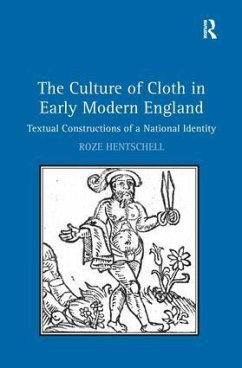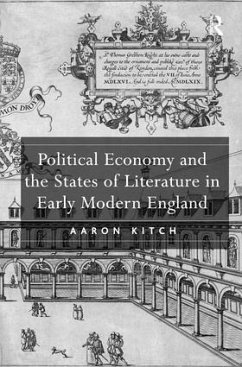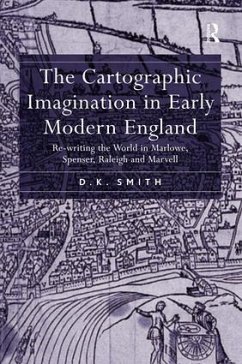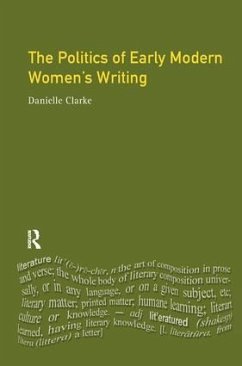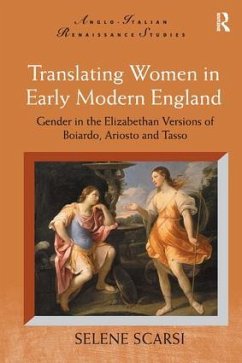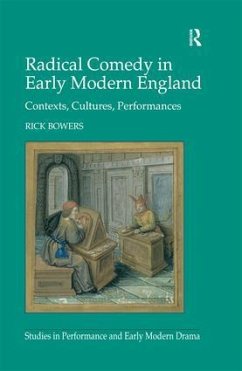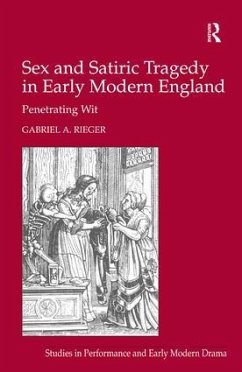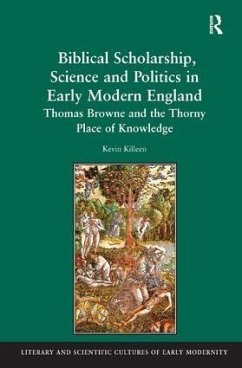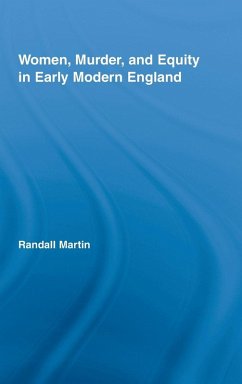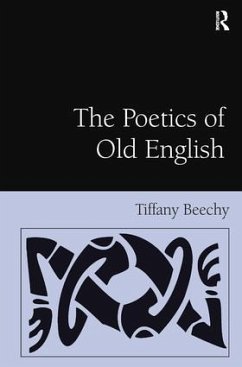
The Poetics of Literary Transfer in Early Modern France and England
Versandkostenfrei!
Versandfertig in 1-2 Wochen
177,99 €
inkl. MwSt.
Weitere Ausgaben:

PAYBACK Punkte
89 °P sammeln!
Examining both familiar and underappreciated texts, Hassan Melehy foregrounds the relationships that early modern French and English writers conceived with both their classical predecessors and authors from flourishing literary traditions in neighboring countries. In order to present their own avowedly national literatures as successfully surpassing others, they engaged in a paradoxical strategy of presenting other traditions as both inspiring and dead. Each of the book's four sections focuses on one early modern author: Joachim Du Bellay, Edmund Spenser, Michel de Montaigne, and William Shake...
Examining both familiar and underappreciated texts, Hassan Melehy foregrounds the relationships that early modern French and English writers conceived with both their classical predecessors and authors from flourishing literary traditions in neighboring countries. In order to present their own avowedly national literatures as successfully surpassing others, they engaged in a paradoxical strategy of presenting other traditions as both inspiring and dead. Each of the book's four sections focuses on one early modern author: Joachim Du Bellay, Edmund Spenser, Michel de Montaigne, and William Shakespeare. Melehy details the elaborate strategies that each author uses to rewrite and overcome the work of predecessors. His book touches on issues highly pertinent to current early modern studies: among these are translation, the relationship between classicism and writing in the vernacular, the role of literature in the consolidation of the state, attitudes toward colonial expansion and the "New World," and definitions of modernity and the past.





